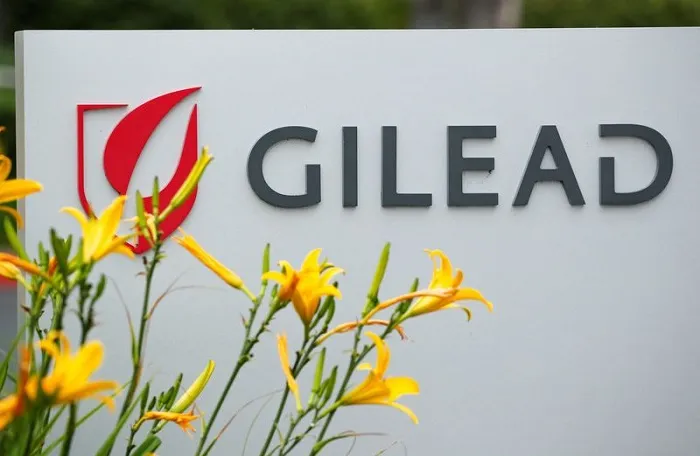A large Phase 3 trial tested a combination of Trodelvy (an antibody-drug conjugate) and Keytruda (pembrolizumab) as an initial treatment for patients with advanced triple-negative breast cancer whose tumors expressed PD-L1. The trial enrolled 443 patients. After a median follow-up of 14 months, researchers assessed how long patients lived without their cancer worsening, a measure called progression-free survival (PFS).
Progression-Free Survival Benefit
Patients who received Trodelvy plus Keytruda had a median PFS of 11.2 months. In contrast, patients who received standard chemotherapy plus Keytruda had a median PFS of 7.8 months. This means the combination therapy reduced the risk of disease progression by 35% compared to the control group.
Duration of Response
The study’s full results, presented at the American Society of Clinical Oncology (ASCO) Scientific Meeting in Chicago, also measured duration of response. Patients on the Trodelvy/Keytruda regimen saw their tumors respond for a median of 16.5 months. Those on chemotherapy plus Keytruda had a median response duration of 9.2 months. Researchers are continuing to follow patients to see if this benefit also translates into longer overall survival.
Expert Commentary
Dr. Jane Lowe Meisel, co-director of breast oncology at Emory University School of Medicine and an ASCO-designated expert, stated:
“These findings suggest that the combination of Trodelvy and Keytruda is likely to become a new first-line standard of care in this setting.”
This comment indicates that patients may soon have a new, more effective option when they are first treated for PD-L1-positive, triple-negative breast cancer.
Understanding Triple-Negative, PD-L1-Positive Breast Cancer
Triple-negative breast cancer (TNBC) lacks estrogen, progesterone, and HER2 receptors. About 10% of breast cancers in the United States are TNBC. TNBC is harder to treat because it does not respond to hormone or HER2-targeted therapies. Of those with TNBC, roughly 40% have tumors that express PD-L1, making them candidates for immune checkpoint inhibitors like Keytruda.
Mechanism of Antibody-Drug Conjugates
Trodelvy is an antibody-drug conjugate (ADC). ADCs combine a targeted antibody with a cytotoxic drug. The antibody guides the drug directly to cancer cells. This approach aims to kill malignant cells while reducing harm to healthy tissues. In this trial, Trodelvy delivered a cell-killing agent specifically to PD-L1-positive TNBC cells.
Side Effects and Safety Profile
In the Trodelvy/Keytruda group, the most common severe side effects included:
Neutropenia (low level of infection-fighting white blood cells) in 43% of patients
Diarrhea in 10% of patients
In the chemotherapy plus Keytruda group, side effects included:
Neutropenia in 45% of patients
Anemia in 16% of patients
Low platelet counts in 14% of patients
Only a few patients on the Trodelvy combination stopped treatment due to side effects, indicating it was generally well tolerated.
Current Approvals and Future Studies
Trodelvy is already approved for:
Advanced triple-negative breast cancer after at least two prior therapies
Previously treated hormone receptor-positive, HER2-negative metastatic breast cancer
Gilead Sciences is also conducting trials of Trodelvy as an initial treatment for patients with TNBC that does not express PD-L1. These studies aim to see if Trodelvy can benefit a broader group of TNBC patients.
Key Takeaway: The Trodelvy and Keytruda combination showed a 35% reduction in risk of progression, extended median PFS to 11.2 months, and doubled the duration of response compared to chemotherapy plus Keytruda. Experts believe this regimen may become a first-line standard of care for PD-L1-positive triple-negative breast cancer.
Related topics:
- Illusia Tool Helps Researchers Understand Breast Cancer Spread
- Kylie Jenner Opens Up About Breast Augmentation Surgery
- Gigi Hadid: Breast Reduction Helped My Chronic Illness


